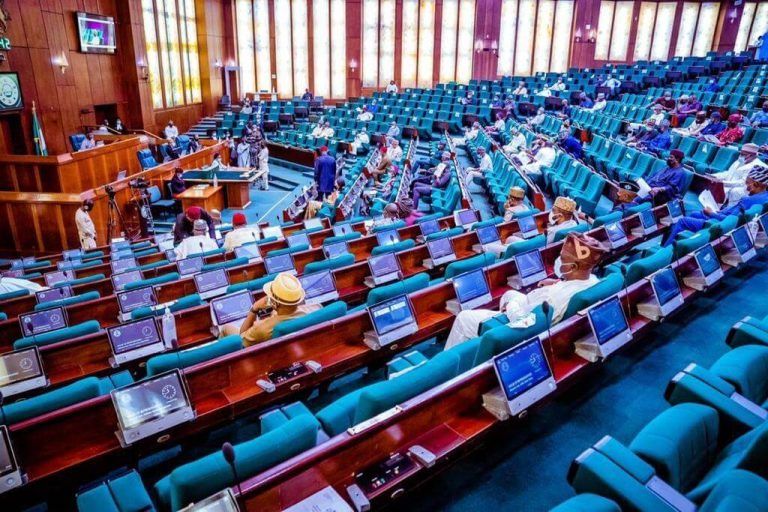The House of Representatives on Wednesday resolved to investigate the Federal Road Safety Corps (FRSC) to determine the revenue it has generated over the past three yearsp from the issuance and renewal of driver’s licences.
This decision followed the adoption of a motion sponsored by Hon. Victor Ogene (LP, Anambra), titled “Need for Accountability for Revenue Generated from the Issuance of Driver’s Licence.”
Presided over by Speaker Tajudeen Abbas, the House mandated the Committee on Federal Road Safety Corps to probe the operational challenges associated with the issuance of driver’s licences, ascertain annual revenues accrued in the last three years, investigate how the revenue was utilized, and identify the causes of persistent delays in licence issuance. The committee is to report back within four weeks.
While presenting the motion, Ogene, who chairs the House Committee on Renewable Energy, highlighted the tripartite arrangement involving the FRSC, the State Boards of Internal Revenue (BIR), and the Vehicle Inspection Offices (VIO), which facilitates the issuance and renewal of driver’s licences.
He noted that the approving signature on a driver’s licence is typically that of an official from the Motor Vehicle Administration Agency (MVAA) in the applicant’s state of residence—making the state the approving authority.
Ogene, who represents Ogbaru Federal Constituency of Anambra State, further informed the House that learner permits are issued by the MVAA at prescribed fees and raised concerns over the operations of FRSC’s Very Important Person (VIP) Centres, which are used for expedited renewal of licences.
He cited that the Joint Tax Board (JTB) reviewed the official fees for driver’s licences effective November 1, 2024, setting the cost at ₦21,000 for a five-year licence and ₦15,000 for a three-year licence for motor vehicles, while motorcycle and tricycle licences cost ₦11,000 and ₦7,000 respectively.
The lawmaker alleged that the FRSC leverages its Information Processing Centre (IPC) to warehouse drivers’ data and potentially sidelines state-level authorities like the BIR and VIO in both fee collection and utilization.
He expressed concern that the FRSC allegedly controls the receiving accounts for all payments related to driver’s licence issuance and related services—including those from driving school certifications, driving history applications for foreign travel, and learner permits—especially when processed through VIP Centres.
“Worried that the yearly revenue generated from these chargeable services runs into hundreds of billions of naira across the country,” Ogene said, adding that the FRSC has not shown transparent accountability in its remittances to local and state governments, nor to the VIOs.
He further decried that applicants often experience delays of two to three years after their biometric data is captured, due to system inefficiencies and mounting debts owed by FRSC to Galaxy Backbone and other ICT service providers responsible for maintaining the biometric systems.
Ogene also stressed the need to determine the agency legally empowered to design, produce, and issue driver’s licences in Nigeria.
The motion was unanimously adopted through a voice vote conducted by Speaker Abbas.
















